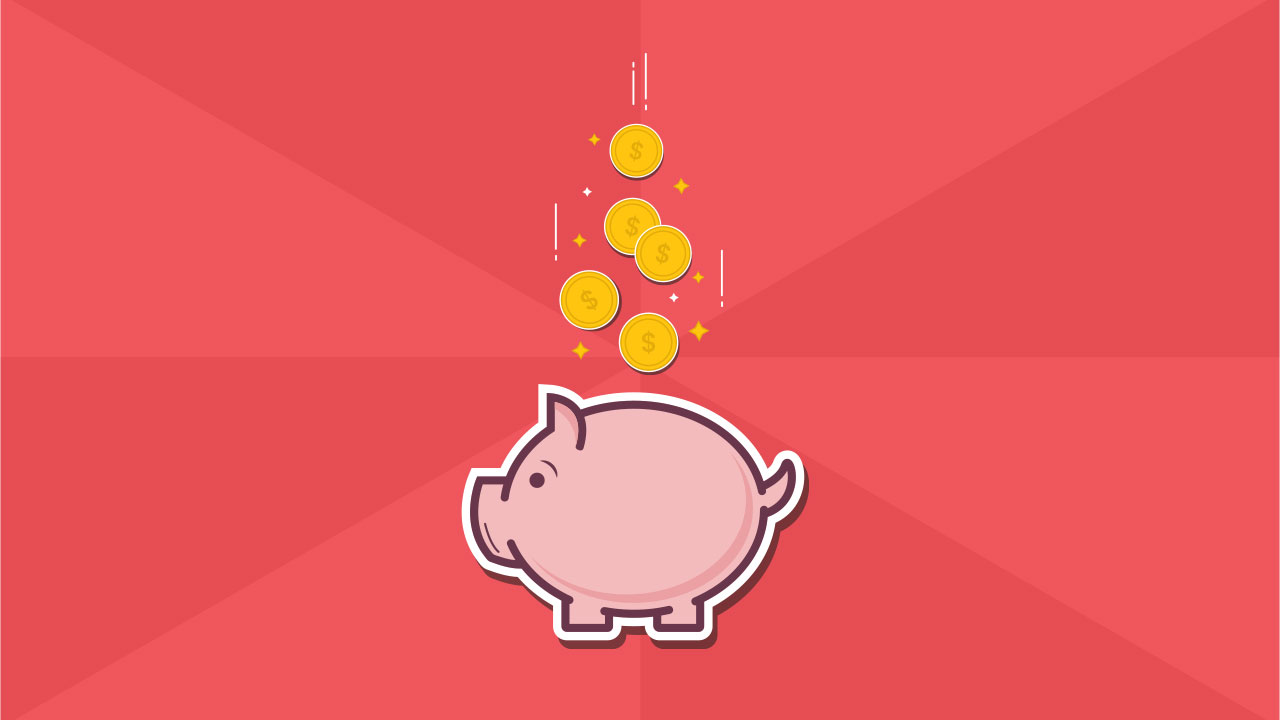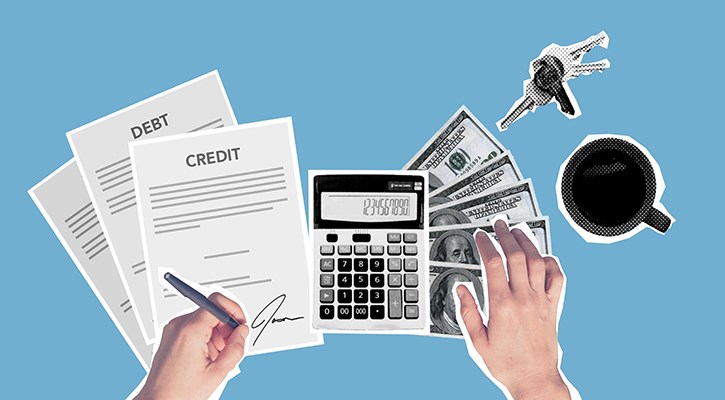Holly Black: Welcome to Morningstar. I'm Holly Black. This is your April financial to-do list.
So, April is the start of a new tax year, and that means there are a few changes to get your head around is first job. So, household bills are part of this. Council Tax goes up at the beginning of a tax year. It's going up by an average of 4.4%. Prescription charges rise by 20p this month. The cost of a TV license goes up by £1.50. And your car tax may rise depending on the emissions level of your vehicles. Elsewhere, the energy cap is rising, and water bills are set to change. Some will go up; some will go down. So, with all this in mind, it's just a really good time to get on top of all your household bills, search around to see if you could be getting a better deal somewhere and just be really clear on what you're paying and whether that's the best rate you could get.
So, also, as the lockdown rules ease, a lot of people will be heading back to the office, potentially for the first time. If you do get the train to work, commuting costs are likely a big outlay for you. So, it's worth thinking about whether there are savings to be had there. An annual season ticket could save you hundreds of pounds. Or if you check, you might be eligible for a Railcard, a young person's Railcard, or a Two Together Card, for example, and that can save up to a third of the cost of your journey.
So, elsewhere in the financial world, the new tax year is perhaps the time to look at your pension contributions. So, the flat rate state pension goes up under the government's triple lock guarantee. It goes up by 2.5% to £179.60 a week. But if you're still working and saving into your pensions, now is the time you might think about increasing the amount you contribute each month. So, a lot of workplaces will match the amount you save into your pension. So, it would be a good chance to get in touch with the HR department, find out what the company will match you up to, and if you can afford it, max that out because it's free money, not just from the company but also from the government because you get tax relief on all of your contributions.
And finally, if you have a Lifetime ISA, there is a change to be aware of this month on your financial to-do list. Lifetime ISAs, you're not supposed to access the money unless you're using it to buy your first house or you are 60 or over. Otherwise, there is a penalty to pay on the money you withdraw. Now, under Covid, the government eased that slightly and the penalty was 20% of whatever you took out of the account. From April the 6th, that goes back up to 25%. So, it's really worth having a think as to whether you need to take that money out if you're planning to, or whether you might be able to access some savings from elsewhere.
So, that's your April financial to-do list – household bills, commuting costs, pension contributions, and lifetime ISA changes. We'll see you next month for more.





























